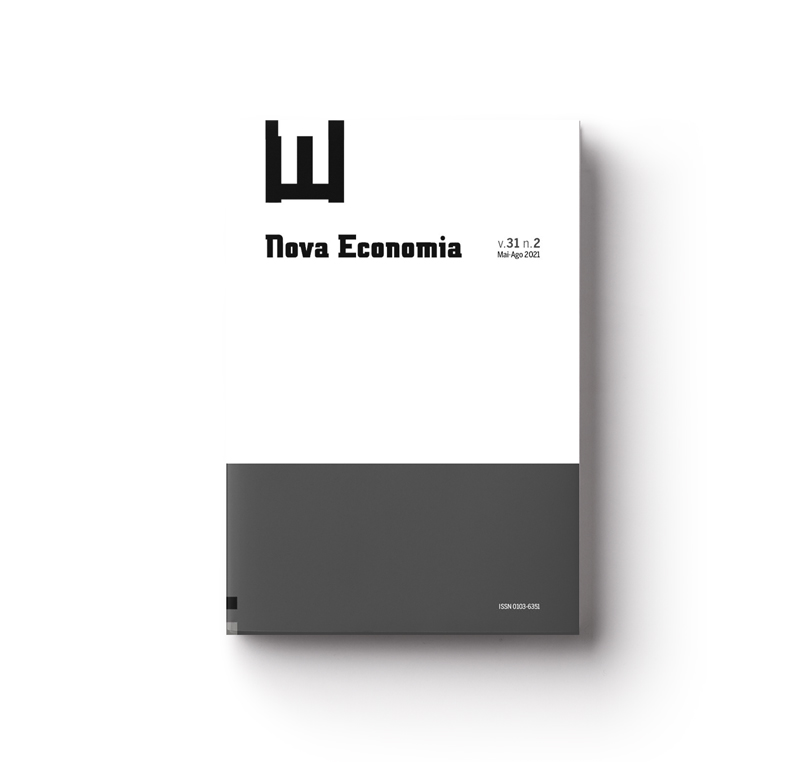The structuralism method: the economics acknowledges its limits
Abstract
Abstract
This paper aims to investigate the method of the latin american structuralism from the works of Octávio Rodriguez and Celso Furtado in a historical and philosophical perspective of science based on the studies of Thomas Kuhn. We analyze the ECLAC's contribution, mainly from Furtado’s theoretic point of views, showing that he seeks a dialogue between its historical-structural analysis and the mainstream hypothetical-deductive analyzes. He points out the variation of parameters as an appropriate tool for the Historical and structural analysis of underdevelopment issues. Furtado suggested a methodological perspective that allows the recognition of the economic science limits. He starts from the traditional point of view of the hypothetical-deductive method and, without denying it a priori, proposes to include history and institutions in economic analysis, understanding them as necessary conditions for the full understanding of economic variables.
Keywords: Economic Methods; Estruturalism; ECLAC; Celso Furtado.
JEL Codes: B15, B25, B41, B52.
Downloads
Published
How to Cite
Issue
Section
License
Copyright (c) 2021 Fabian Domingues, Pedro Fonseca

This work is licensed under a Creative Commons Attribution 4.0 International License.
Authors who publish with this journal agree to the following terms:
- Authors retain copyright and grant the journal right of first publication with the work simultaneously licensed under a Creative Commons Attribution 4.0 International License that allows others to share the work with an acknowledgement of the work's authorship and initial publication in this journal.
- Authors are able to enter into separate, additional contractual arrangements for the non-exclusive distribution of the journal's published version of the work (e.g., post it to an institutional repository or publish it in a book), with an acknowledgement of its initial publication in this journal.
- Authors are permitted and encouraged to post their work online (e.g., in institutional repositories or on their website) prior to and during the submission process, as it can lead to productive exchanges, as well as earlier and greater citation of published work (See The Effect of Open Access).




